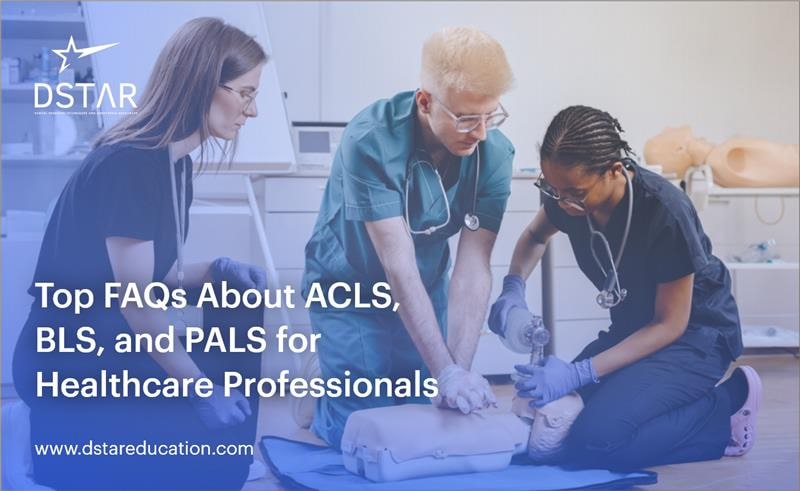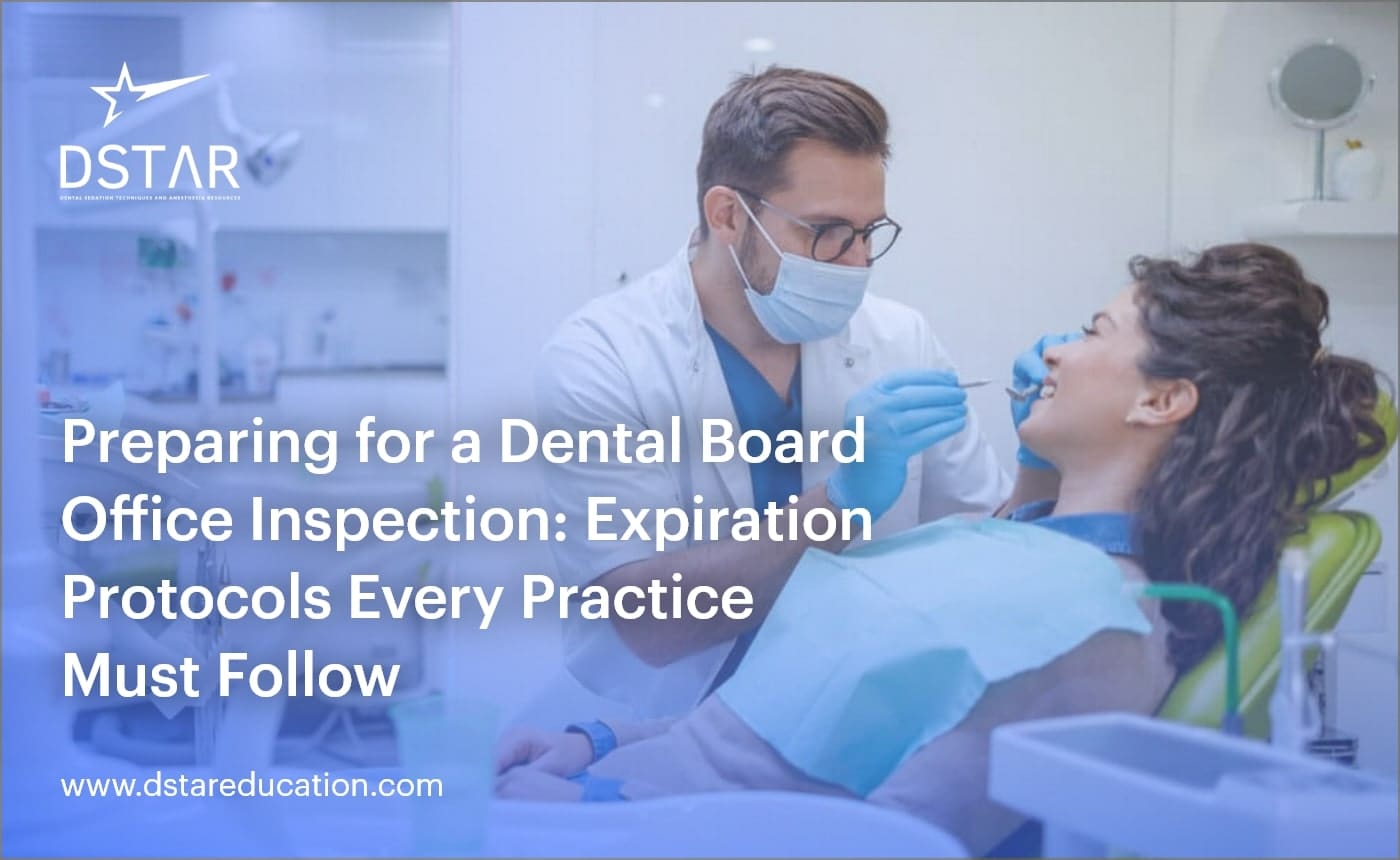Advanced Cardiovascular Life Support (ACLS) and Basic Life Support (BLS) are cornerstone certifications for healthcare providers responsible for emergency response.
These credentials signify a provider’s readiness to respond to cardiopulmonary arrest, stroke, and related emergencies. Despite widespread implementation, many professionals remain unclear about the overlap and distinctions between the two.
1. Does ACLS Cover BLS?
Ans: The question “Does ACLS cover BLS?” reflects common confusion among healthcare providers. The ACLS recertification includes components of BLS, such as chest compressions, airway management, and automated external defibrillator (AED) education and practice. However, these elements are reviewed at a higher clinical level and under the assumption that the participant has already mastered BLS fundamentals.
Therefore, although ACLS incorporates BLS principles, it does not provide in-depth foundational training in them. The ACLS curriculum presumes BLS competency. Consequently, while ACLS reinforces specific BLS skills, it does not serve as a substitute for full BLS certification. Hospitals and credentialing bodies often require both certifications. You cannot take ACLS without an active BLS certification.
2. Do You Need BLS If You Have ACLS?
Ans: Many clinicians ask, “Do you need BLS if you have ACLS,” particularly when renewing certifications or applying for new roles? The answer depends on institutional policies, state licensure mandates, and regulatory requirements. Most healthcare organizations require current BLS recertification regardless of ACLS status.
The rationale stems from the distinct instructional focus of each program. BLS emphasizes immediate recognition of cardiac arrest, initiation of CPR, and rapid defibrillation, while ACLS focuses on managing advanced airway techniques, interpreting electrocardiograms, and administering pharmacologic interventions. Hence, ACLS recertification does not automatically exempt an individual from maintaining separate BLS credentials.
3. Is BLS Required for ACLS?
Ans: Another frequent query, “Is BLS required for ACLS,” arises during initial enrollment in ACLS training. The American Heart Association (AHA) and comparable credentialing agencies strongly recommend BLS recertification before enrolling in ACLS courses.
Most training centers mandate current BLS recertification as a prerequisite. The reasoning lies in the cognitive and psychomotor demands of ACLS, which build upon BLS proficiency. Participants unfamiliar with foundational skills may struggle to keep pace with advanced scenarios involving synchronized cardioversion, medication algorithms, and rhythm recognition.
4. Does ACLS Replace BLS?
Ans: The inquiry “Does ACLS replace BLS?” is a common misconception among both novice and experienced providers. ACLS does not replace BLS. Instead, the two certifications are complementary.
BLS focuses on core life-saving measures, including chest compressions, ventilation, and defibrillation. ACLS expands upon these by introducing team-based dynamics, advanced pharmacology, and post-resuscitation care. Importantly, ACLS assumes the ability to execute BLS protocols efficiently. While non-medical individuals would take BLS, they would not continue with ACLS because they would never find themselves in a position to place an IV, provide medications, or instrument the airway. They provide lifesaving care until definitive care, such as an ambulance with EMTs arrive and take over the situation.
5. Who Can Take ACLS?
Ans: The final question, “Who can take ACLS,” targets eligibility and clinical role alignment. ACLS training is intended for healthcare professionals who may respond to cardiovascular emergencies.
This includes:
- Physicians (MD, DO)
- Nurses (RN, NP)
- Paramedics and EMTs
- Physician Assistants (PA)
- Dentists and Oral Surgeons
- Anesthesia Providers
Candidates must typically possess a current BLS recertification and have clinical experience in managing airway devices, ECG interpretation, and emergency pharmacology. Some training centers also recommend a review of AHA guidelines prior to enrollment.
When addressing “who can take ACLS,” it is important to recognize that non-clinicians and administrative staff are generally not eligible. ACLS demands familiarity with acute patient care environments and rapid clinical decision-making.
Must Read: IV Sedation vs General Anesthesia for Wisdom Teeth Extraction
Integrating ACLS and BLS in Clinical Practice
- Does ACLS cover BLS?
Only partially; ACLS builds on but does not replace BLS training.
- Do you need BLS if you have ACLS?
Yes, most employers and certifying bodies require both.
- Is BLS required for ACLS?
Yes, BLS recertification is typically a prerequisite for renewal.
- Does ACLS replace BLS?
No, both certifications are complementary and necessary.
- Who can take ACLS?
Only trained healthcare professionals with current BLS credentials.
By understanding the answers to these core questions, providers can maintain compliance and perform competently in high-acuity situations.
Conclusion
Healthcare professionals must distinguish between the scope and purposes of BLS and ACLS recertifications. While ACLS integrates elements of BLS, it neither covers all foundational content nor replaces the need for a dedicated BLS certification.
To ensure compliance, providers must maintain both certifications, remain informed of evolving AHA standards, and align with institutional policies. Doing so promotes patient safety, professional accountability, and excellence in emergency care delivery.
DSTAR Education offers rigorous, clinically current ACLS and BLS recertification, as well as dental CE courses, tailored to healthcare professionals working in environments with potential for acute care. Our hybrid and in-person programs meet the American Heart Association’s standards and support compliance with facility credentialing policies.
References
- American Heart Association (AHA) – https://www.heart.org
- National Institutes of Health (NIH) – https://www.nih.gov
- U.S. Department of Health and Human Services (HHS) – https://www.hhs.gov
- National Registry of Emergency Medical Technicians (NREMT) – https://www.nremt.org
- Journal of the American Medical Association (JAMA) – https://jamanetwork.com
- American Association of Nurse Practitioners (AANP) – https://www.aanp.org
- American Dental Association (ADA) – https://www.ada.org
- American Association of Physician Assistants (AAPA) – https://www.aapa.org
 Take Free TSBDE Anesthesia Jurisprudence Practice Exam Now!
Take Free TSBDE Anesthesia Jurisprudence Practice Exam Now!












